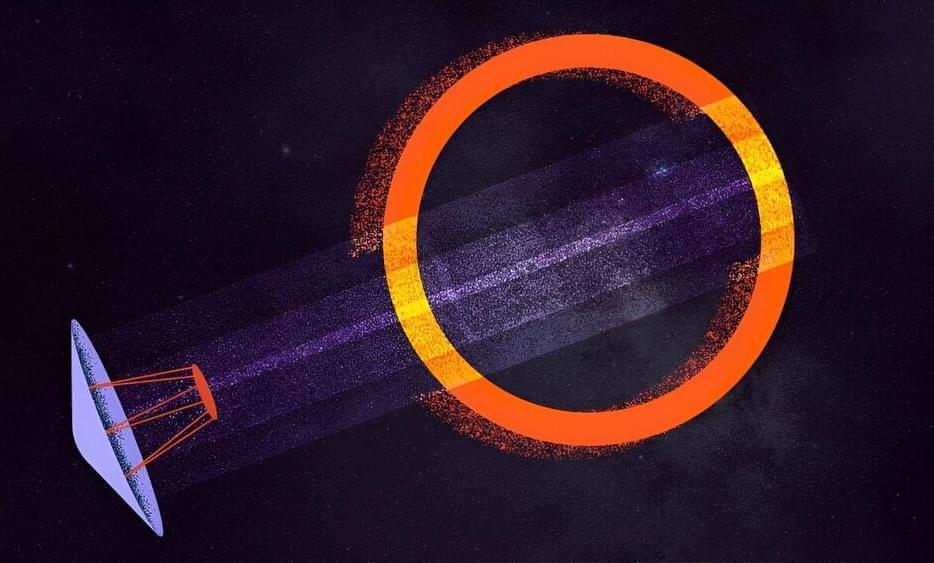A group of international researchers led by the Center for Astrophysics | Harvard and Smithsonian (CfA) achieved the once-unimaginable four years ago: using a groundbreaking telescope to capture an image of a black hole.
Last month some of those researchers, engineers, and physicists convened at Harvard to consider and begin drawing up plans for the next step: a closer study of the photon rings that encircle black holes in glowing orange. The mission has been dubbed the Event Horizon Explorer (EHE), and the group hopes it will offer additional insight into black holes, which sit at the center of galaxies.
The $300 million project examining the nature of space and time builds on the success of the Event Horizon Telescope (EHT) project of 2019, when researchers took the first-ever picture of a black hole, a focal point so tiny “the biggest ones on the sky are only about the same size as an atom held at arm’s length,” said Michael Johnson, an astrophysicist at the CfA.
